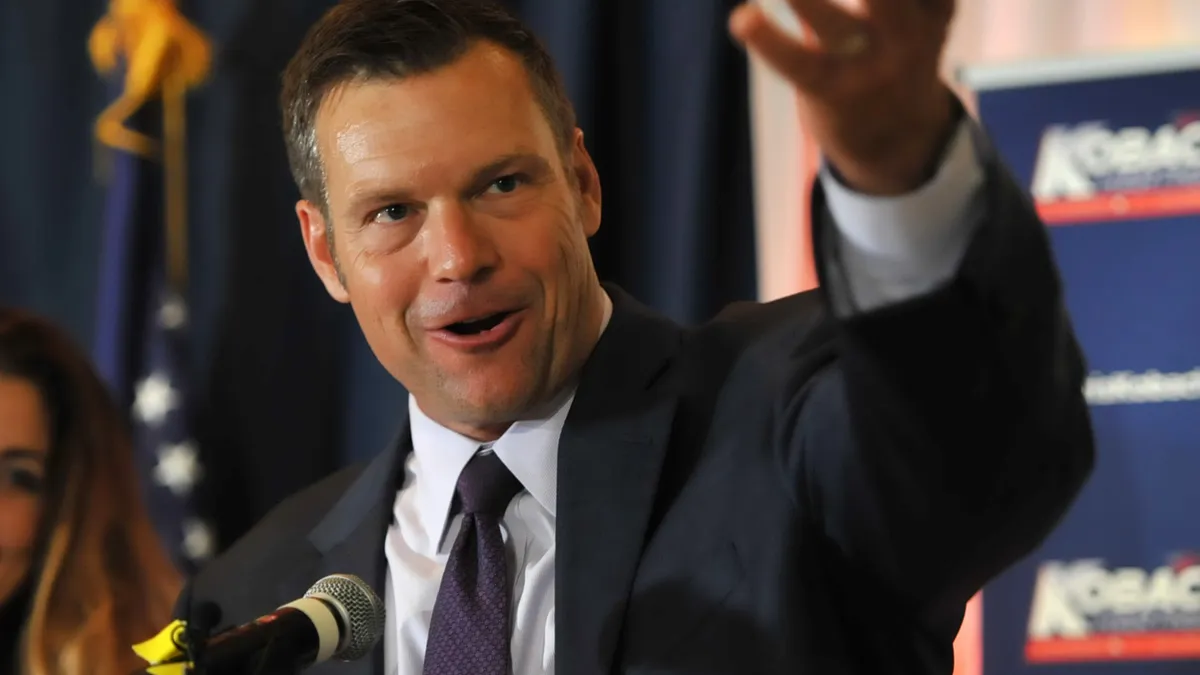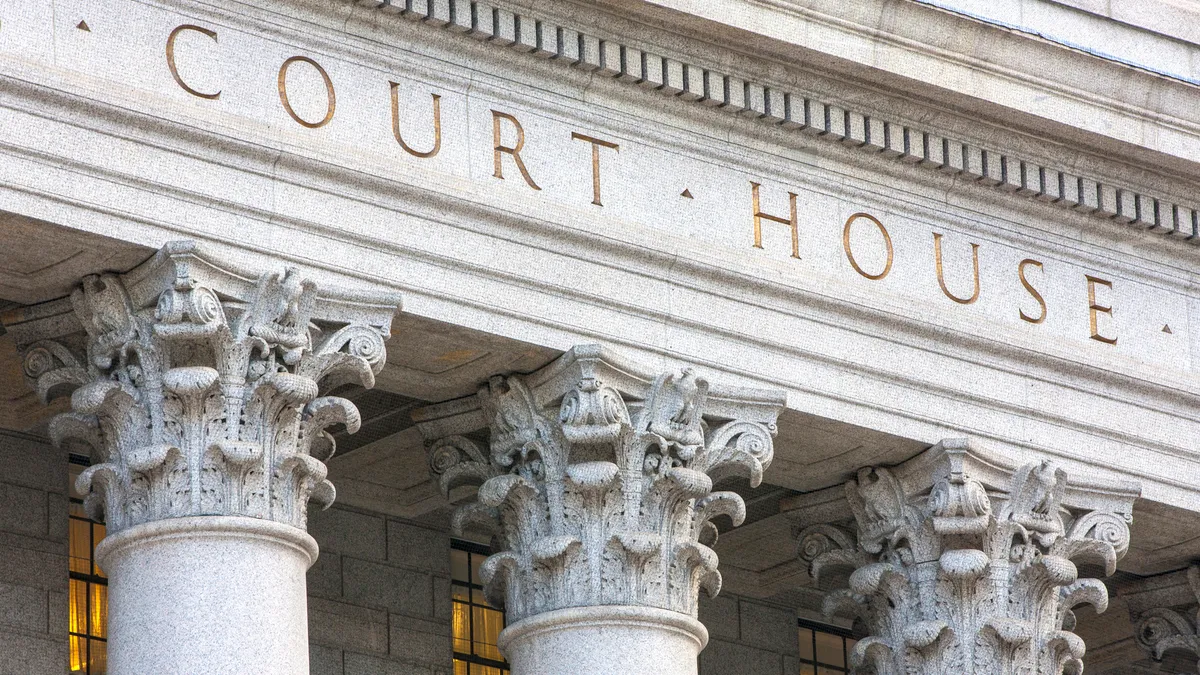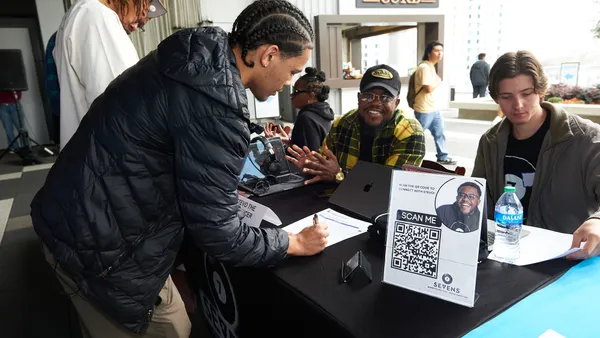Dive Brief:
- A group of 13 Republican attorneys general on Thursday warned the largest U.S. companies against maintaining “race-based quotas or preferences” in employment decisions in light of the recent U.S. Supreme Court ruling banning race-conscious college admissions.
- In a letter to CEOs of Fortune 100 companies, the attorneys general wrote that executives “will be held accountable — sooner rather than later — for your decision to continue treating people differently because of the color of their skin.”
- The Supreme Court's decision only affected college admissions, not corporate hiring, promotions or contracting. But the letter seems to indicate opponents of race-conscious practices, like the attorneys general, will leverage the ruling to impose broader bans.
Dive Insight:
Last month, the Supreme Court overturned decades of precedent by ruling race-conscious admissions practices at Harvard University and the University of North Carolina at Chapel Hill unconstitutional.
While the decision was confined to just college admissions, higher ed leaders are fearful it will serve as a springboard to legal challenges to other race-conscious college programs, as well as employment practices.
States like Missouri have already begun pressuring colleges to abandon race-conscious programs. Subsequently, the University of Missouri System said last month it will no longer use race or ethnicity as a factor in scholarships.
Thursday's letter alleged race-conscious hiring is illegal. The letter also said considering race when making hiring and retention decisions — including initiatives meant to increase diversity, equity and inclusion — constitutes racial discrimination.
“The Court’s reasoning means that companies, no matter their motivation, cannot treat people differently based on the color of their skin," Tennessee Attorney General Jonathan Skrmetti said in a statement Thursday. "Corporate America continues to have many avenues to help disadvantaged people and communities of all races without resorting to crude racial line-drawing.”
While the Supreme Court's decision does not change U.S. hiring law, Republican state leaders interpreted the ruling as extending to for-profit businesses.
The country’s “odious” history of discriminating against non-White candidates is in the distant past, the letter alleged. Contemporary human resources practices allegedly set explicit racial quotas and preferences, it said.
The letter named Microsoft as an offender, citing its goals to work with a specific number of Black-owned businesses and its requirement that major suppliers disclose their diversity goals and workforce demographics.
When announcing the goals in June 2020, Microsoft CEO Satya Nadella described the move as a way of strengthening the company's ecosystem and better representing its communities.
















